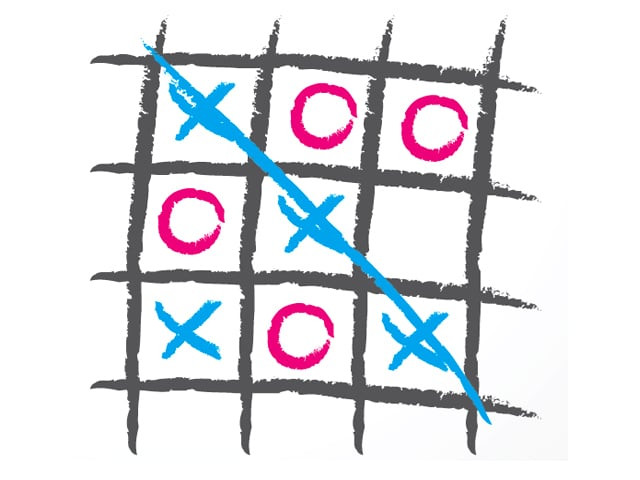The gender gap
Development of the role of women in society is a key element in the health and wealth of that society.

Closing the gender gap is a tough challenge but not impossible, but there has to be cultural and political will to make it happen, both being largely absent in Pakistan. GRAPHIC: EXPRESS/FILE
Closing the gender gap is a tough challenge but not impossible, but there has to be cultural and political will to make it happen, both being largely absent in Pakistan. Unsurprisingly, Iceland and the northern European countries score best, countries with a strong democratic pedigree, secular, prosperous and that have placed education at the top of the social agenda for a hundred years or more. One area where Pakistan scores better is in political empowerment and representation in decision-making structures by women, where we rank 64 out of 136 countries but that is a rare bright spot in an otherwise dismal picture. In recent years, there has been some pro-women legislation enacted, but it is often a bitter fight to get women-friendly laws onto the statute books. There are some advances in education for women particularly in Punjab, but less than two per cent of women in large parts of Balochistan have basic literacy. Social scientists all agree that the development of the role of women in society is a key element in the health and wealth of that society. Pakistan remains sick and poor.
Published in The Express Tribune, October 28th, 2013.
Like Opinion & Editorial on Facebook, follow @ETOpEd on Twitter to receive all updates on all our daily pieces.














COMMENTS
Comments are moderated and generally will be posted if they are on-topic and not abusive.
For more information, please see our Comments FAQ